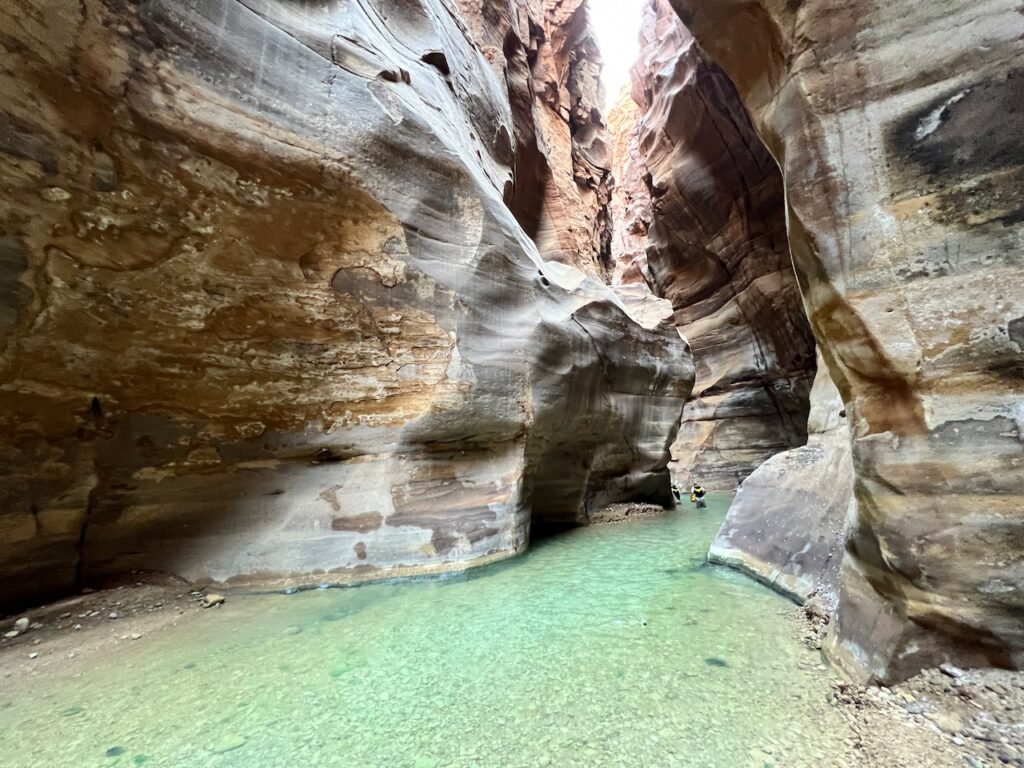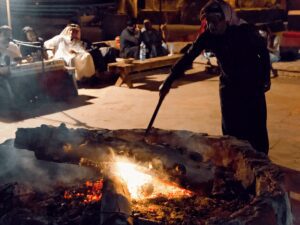
AQABA — In a collaborative effort between Jordan and Egypt’s ecological communities, along with BirdLife International, a three-day workshop unfolded in Aqaba, Jordan from August 9th to 11th, 2023. This event aimed to craft a regional ecotourism strategy, spotlighting sustainable tourism, underscoring the value of conserving natural resources, and fostering partnerships among players in the tourism sector.
These interactions play a pivotal role in nurturing a thriving ecotourism industry across the Middle East and North Africa (MENA) region. By joining forces, this area could emerge as a global frontrunner in ecotourism, catering to rising consumer demand while laying the groundwork for sustainable economic advancement.
The workshop featured a diverse array of sessions, covering everything from sustainable development tactics and safeguarding heritage sites to community engagement and the economic potential of eco-friendly tourism.
An integral topic of discussion centered on empowering local communities and tourism professionals to manage ecotourism responsibly. Participants underscored the significance of training in sustainable tourism, conserving biodiversity, and involving communities as the cornerstones of successful eco-tourism endeavors.
Furthermore, the conversation emphasized the need for rigorous regulations to ensure the enduring sustainability of ecotourism activities.
Collaborative Efforts in Various Dimensions
Governor Khaled Mohammed of South Sinai Governorate shared, “Our aim with this initiative is to motivate stakeholders to embrace sustainable approaches in tourism, making eco-tourism a cornerstone of our region’s economic growth.”
Randa Aboul-Hosn, UNDP’s resident representative in Jordan, remarked, “The Aqaba gathering symbolizes the joint commitment of Jordan and Egypt in intensifying regional efforts to protect ecosystems, particularly in the Gulf of Aqaba. The global interest in this area emphasizes its worldwide importance, urging us to join forces in its preservation.”
Emphasizing the significance of multi-faceted partnerships, the workshop highlighted the necessity for comprehensive collaborations among governments, NGOs, communities, and private sector entities to shape and bring to life sustainable ecotourism plans.








